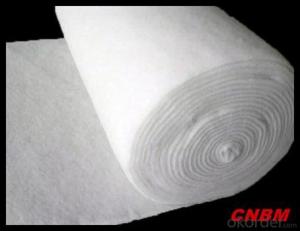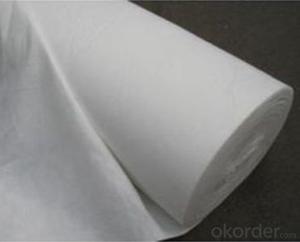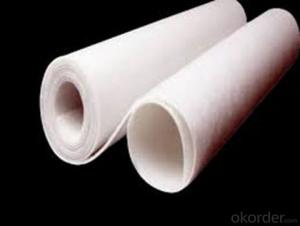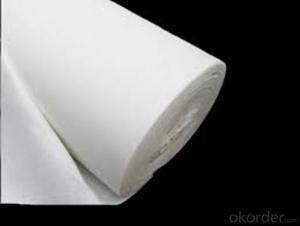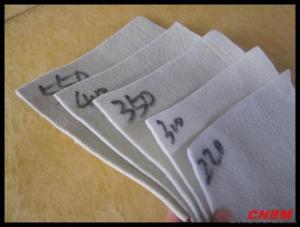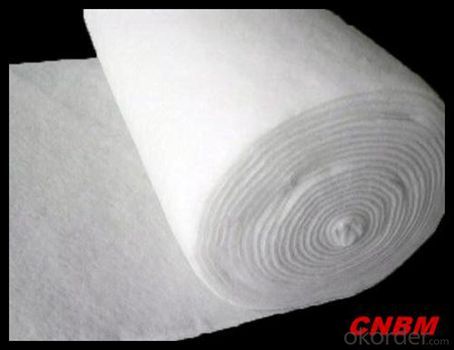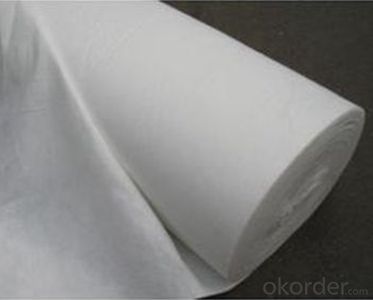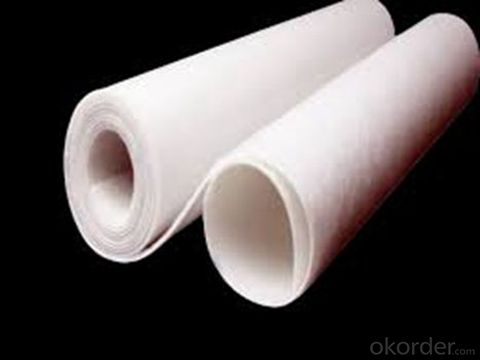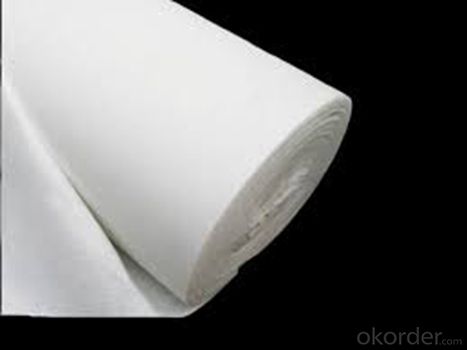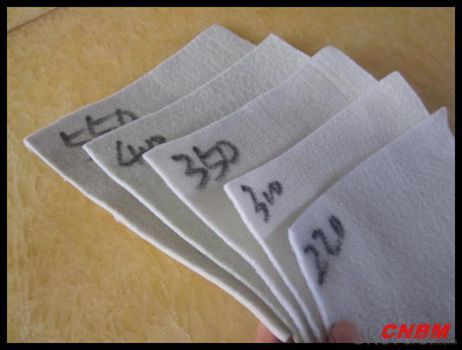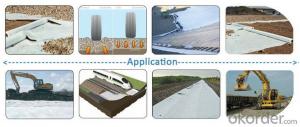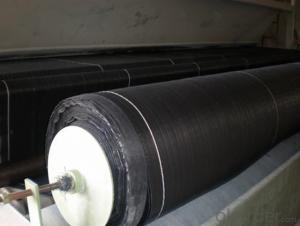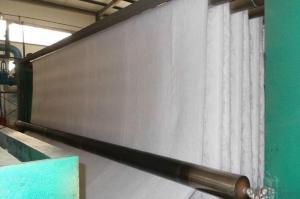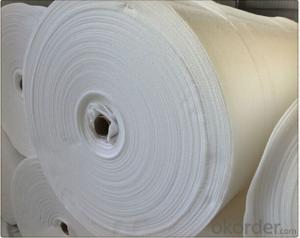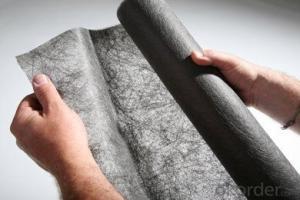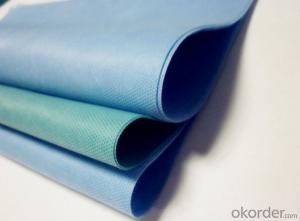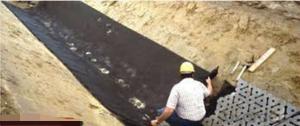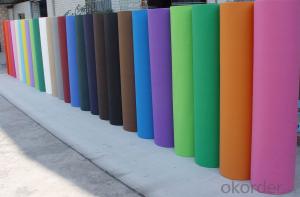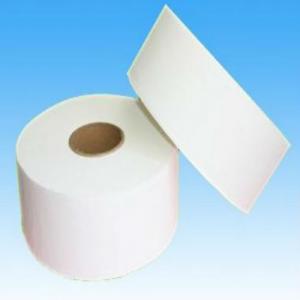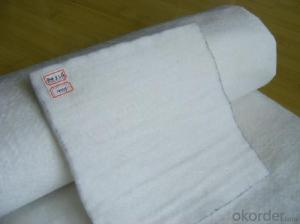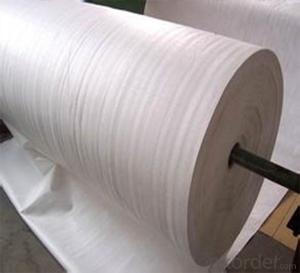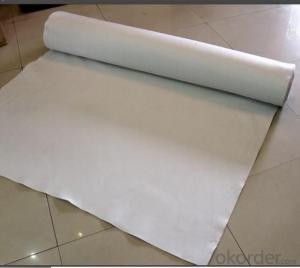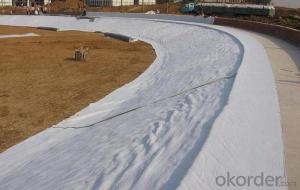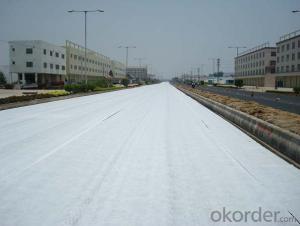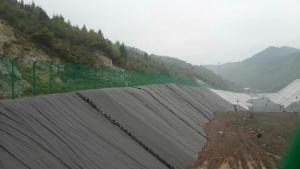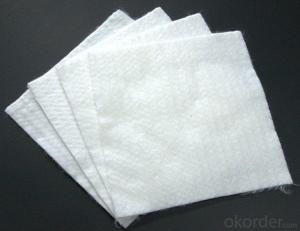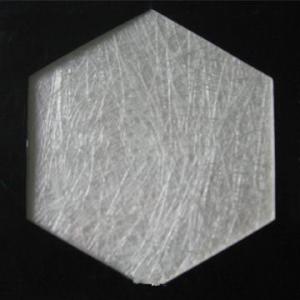Acf Geotextile 100% PP Spunbond Nonwoven Fabric
- Loading Port:
- China main port
- Payment Terms:
- TT OR LC
- Min Order Qty:
- 3000 m²
- Supply Capability:
- 300000 m²/month
OKorder Service Pledge
OKorder Financial Service
You Might Also Like
Specification
About K&D Non Woven Fabric:
1) Composition: 100% polypropylene
2) Weight: 10 - 300gsm
3) Width: maximum 2.4m wide (can be splited)
4) Various colors available
5) Characteristics: environmentally-friendly, good tensile strength, soft, lightweight,
non-toxic, water-resistant, air permeable
6) Usage:
a).daily use: making shopping bags, suit cover, surgical cover, cloth interlining, table cloth, bed sheet etc.
b). In agriculture: to protect the crop from pest harm, allows water, air and fertilizer to penetrate and reduces moisture evaporation.
c). in industry: to wrap to drainpipe etc.
7) Auxiliary treatment: UV protection, anti-virus, fire-retardant, antistatic, hydrophilic
8) Customers' specifications available
Polyester Nonwoven Geotextile Specification:
No | Project | Index | ||||||
1 | Breakage Strength KN/m≥(MD) | 20 | 30 | 40 | 50 | 60 | 80 | 100 |
2 | Breakage Strength KN/m≥(CD) | 15 | 22 | 28 | 35 | 42 | 56 | 70 |
3 | Elongation Rate (MD,CD) ≤ | 28 | ||||||
4 | Trapezoidal Tearing Strength | 0.3 | 0.45 | 0.5 | 0.6 | 0.75 | 1.0 | 1.2 |
5 | Burst Strength KN≥ | 1.6 | 2.4 | 3.2 | 4.0 | 4.8 | 6.0 | 7.5 |
6 | Vertical Permeability Coefficient cm/s | 10-1~10-3 | ||||||
7 | Sieve size(O95) mm | 0.08~0.5 | ||||||
8 | Unit weight g/m2 | 120 | 160 | 200 | 240 | 280 | 340 | 400 |
9 | Thickness mm | 0.40 | 0.48 | 0.60 | 0.70 | 0.80 | 1.00 | 1.25 |
10 | Variation % | ±10 | ||||||
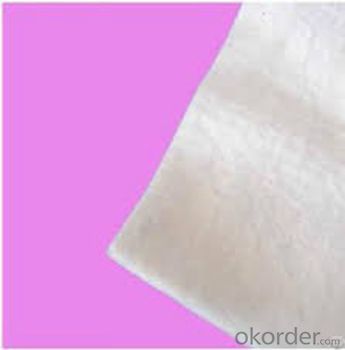
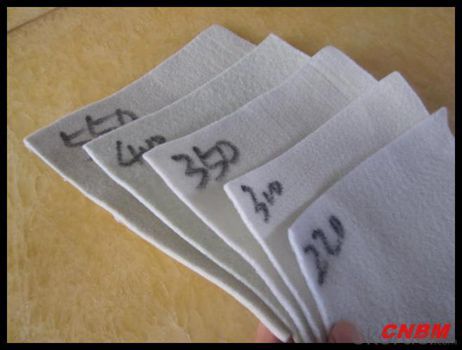
Our Service
Quality assurance
1.On a regular basis or as per your request,we entrust national testing agencies to conduct quality inspections
2. Strictly in accordance with the ISO9001-2008 international quality system standard,we monitor and manage the whole process throughout production,quality testing,and measurement to ensure product quality
3. For quality-related construction delay or substandard construction(except for damage or losses due to customer’s responsibility or irresistible natural disasters),we have refunding,replacement,and repair services.We will respond to customers’ feedbacks on quality issues within 24 hours.
Packaging & Shipping
Packing: PLASTIC FILM INSIDE, AND WOVEN BAG OUTSIDE
Shipping: About 15 days after receipt the deposit
pecifications
geotextile fabric
permeability,filtration,easy for construction
ISO and CE certificate
Good quality and competitive price
Q: What kind of payments does jenor support?
A: T/T, L/C, Cash are accepted.
Q: Do you charge for the samples?
A: Accordeing to our company policy, the samples are free, we only charge the freight fee. And we will return the freight fee during the next order.
Q: Can you produce according to customers' design?
A: Sure, we are professional manufacturer, OEM and ODM are both welcome.
Q: Do you have other products?
A: Yes, please check the pictures:
- Q: Can geotextiles be used in green space development projects?
- Yes, geotextiles can be used in green space development projects. Geotextiles are versatile materials that can be used as a barrier or separator to prevent soil erosion, support vegetation growth, and improve drainage in green space areas. They can be utilized in various applications such as stabilizing slopes, reinforcing embankments, and promoting the establishment of healthy vegetation.
- Q: How do geotextiles help with vegetation establishment in landscaping projects?
- Geotextiles help with vegetation establishment in landscaping projects by providing a stable and fertile environment for plants to grow. They prevent soil erosion, control weed growth, retain moisture, and promote healthy root development. Additionally, geotextiles protect plants from foot traffic damage and allow for proper drainage, resulting in successful and sustainable vegetation establishment.
- Q: Roof garden drainage board and cover two layers of geotextile need to do what inspection lot
- According to the test report and Party A request
- Q: How do geotextiles affect soil permeability?
- Geotextiles can improve or reduce soil permeability depending on the specific application and design. In some cases, geotextiles act as a filter, allowing water to pass through while trapping fine particles and preventing clogging. This can enhance soil permeability by preventing the formation of a dense layer that obstructs water flow. On the other hand, certain geotextiles can be designed to decrease soil permeability by acting as a barrier, preventing water from infiltrating or draining through the soil. Ultimately, the impact of geotextiles on soil permeability is determined by their purpose and the specific properties of the material used.
- Q: Can geotextiles be used for reinforcement of canal banks?
- Yes, geotextiles can be used for reinforcement of canal banks. Geotextiles are commonly employed in civil engineering projects to enhance the stability and strength of soil and structures. In the case of canal banks, geotextiles can be used to control soil erosion, improve drainage, and provide reinforcement against potential slope failures. They are effective in distributing loads, reducing soil movement, and preventing the loss of fine particles, which ultimately helps in maintaining the integrity and stability of canal banks.
- Q: Can geotextiles be used in the protection of shoreline structures?
- Yes, geotextiles can be used in the protection of shoreline structures. They are commonly used to stabilize and reinforce soil, prevent erosion, control sedimentation, and provide a barrier against wave action in shoreline projects. Geotextiles provide valuable support and protection to shoreline structures such as revetments, seawalls, and breakwaters by reducing the impact of waves, preventing soil erosion, and enhancing the overall stability of the shoreline.
- Q: What are the factors to consider when selecting geotextiles for coastal protection projects?
- When selecting geotextiles for coastal protection projects, several factors need to be considered. These include the strength and durability of the geotextile, its resistance to UV radiation and chemicals, its ability to filter and drain water, its compatibility with the existing soil and vegetation, its installation and maintenance requirements, and its cost-effectiveness. Additionally, the specific environmental conditions and project goals should also be taken into account.
- Q: Filtering geotextile calculation
- The amount of consultation and happy it
- Q: Which big god has the relevant documents? bow down!
- Mainly from the anti-seepage, to prevent the role of soil erosion, I am specializing in the production of geotextiles, wish smooth
- Q: Can geotextiles be used in geosynthetic clay liner caps?
- Yes, geotextiles can be used in geosynthetic clay liner caps. Geotextiles are often used as a protective layer over geosynthetic clay liners to prevent soil intrusion, enhance filtration, and provide additional stability to the liner system.
Send your message to us
Acf Geotextile 100% PP Spunbond Nonwoven Fabric
- Loading Port:
- China main port
- Payment Terms:
- TT OR LC
- Min Order Qty:
- 3000 m²
- Supply Capability:
- 300000 m²/month
OKorder Service Pledge
OKorder Financial Service
Similar products
Hot products
Hot Searches
Related keywords
